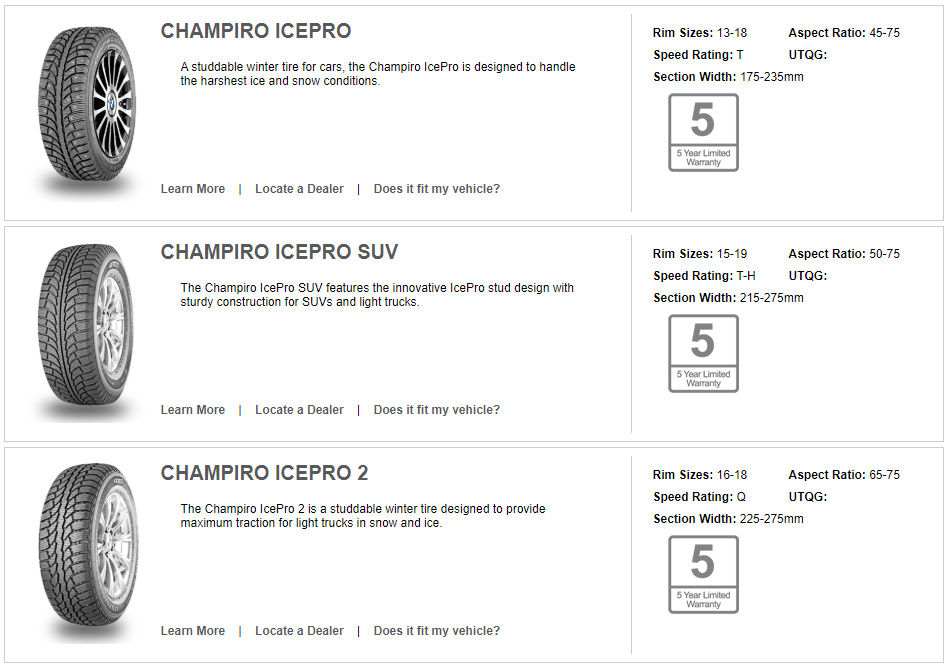To help North American drivers be better prepared for this winter, GITI Tire held an event in Quebec City to demonstrate the importance of having the proper tires and using the right driving techniques when dealing with wintry conditions.
A group of GT Radial dealers and automotive news media from across Canada and the U.S. were invited to the event to test GT Radial winter tires and learn winter driving techniques from professional instructors.
Respected Canadian automotive journalist Jil McIntosh had this to say in an article in the popular automotive website, autos.ca:
“So there I was in Quebec, in bitter cold that scoffed at my long underwear and double pair of socks, to handle ice and snow in front-, rear- and all-wheel drive vehicles. For one of those factors, I had some winter driving courses under my belt. For the other, I had GT Radial’s Champiro WinterPro and IcePro tires wrapped around the rims.”
A skilled driver, McIntosh knows the importance of tires:
“Tires are, of course, the most important safety feature on any car, no matter how much technology the vehicle has. Airbags, electronic stability control, anti-lock brakes and side impact beams are there to try to save your bacon once your tires lose contact with the asphalt.”
“Driving on ice and in snow isn’t an ideal situation, but it can be done safely, if you keep some basic rules in mind. The winter tire thing is important: not only does the softer compound grip better, but their aggressive treads also play a major role. They help to channel away water and slush, and they are designed in conjunction with the compound’s viscosity to ensure maximum contact with the road surface. But equally important, no matter what type of tires you have, is to change your driving habits to suit the conditions.”
Here are McIntosh’s tips in the autos.ca story on winter driving:
“Quite simply, you can’t drive the same way in winter that you do in summer and expect the same results. Slowing down is vital. It takes much longer to stop on slippery surfaces, and math is not on your side: if you double your speed, you’ll quadruple your stopping distance. Your steering wheel inputs and your braking need to be gentle and gradual, not jerky, and you should be slowing down well in advance of turns.”
McIntosh concluded:
“My frosty morning proved two things: that GT Radial is serious about becoming a larger entity in the Canadian marketplace, and that with the right tools, it’s possible to get through just about the worst that winter can throw at drivers.”
(read the full story)

